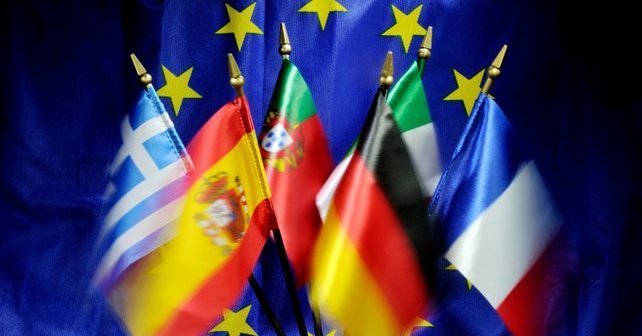The two-pack builds on the six-pack, a set of economic governance regulations that entered into force on 13 December 2011 as a prompt response to the financial crisis. In the European regulator’s view, it will improve budgetary and economic coordination among Eurozone’s Member States. While the six-pack aimed to restore economic stability in the EU by reducing competitiveness and macro-economic imbalances between member states as well as creating strict rules on public debt, sustainable public spending and better surveillance, the two pack aim at improving the surveillance on eurozone members’ national budgets by Brussels, affording greater oversight of the economic policy plans of those that are in financial difficulties. The deal is expected to become law next March and will oblige euro zone governments to send draft budgets for the following year, based on independent economic forecasts, to the Commission before October 15 for verification. This process is meant to catch any divergences from what governments themselves had already agreed to earlier. Governments of course are free to ignore the Commission’s recommendations but in so doing risk EU legal action.
Others eventual measures that the EP had managed to include in the two pack - in return for its support, are a redemption fund and euro bills under rigorous conditions aimed at helping the virtuous Member States which are struggling to recover in the crisis. It would mutualize euro zone debt over 60 percent of GDP and help pay it down over 20 years via cheaper euro zone funding. It may been considered as a little step towards the Eurobond the Parliament itself and some European leaders are trying to put into force in Europe despite the opposition of some States such as Germany.
The final phase of the negotiations had focused on two parliamentary reports, the first by Portuguese Social-Democrat MEP Elisa Ferreira on monitoring draft budgetary plans who agrees on the more active role for the Commission but calls for a close supervision of their supervisory powers. The other report by French Christian-Democrat Jean-Paul Gauzès states that in the event of a country placed under legal protection it could not be declared to have defaulted, its creditors would need to make themselves known to the Commission within two months and loan interests would be frozen.
MEP Sharon Bowles, Chairman of the ECON committee at the European Parliament admitted that reaching an agreement had been “a very hard work”. "It may take a few years yet before all the elements, such as euro bills, come into force but this is a major success for the EU”. EU Commissioner for Economic and Monetary Affairs Oli Rehn said “today a breakthrough has been reached that will allow a further significant strengthening of economic governance in the euro area”. And he added that “the Commission intends to come forward in the coming months with further ambitious proposals to that end, as set out in the Blueprint for a Deep and Genuine Economic and Monetary Union EMU adopted last November”.
Now the agreement goes before parliament’s plenary in March for final approval but this is expected to be a formality.


Follow the comments: |
|
